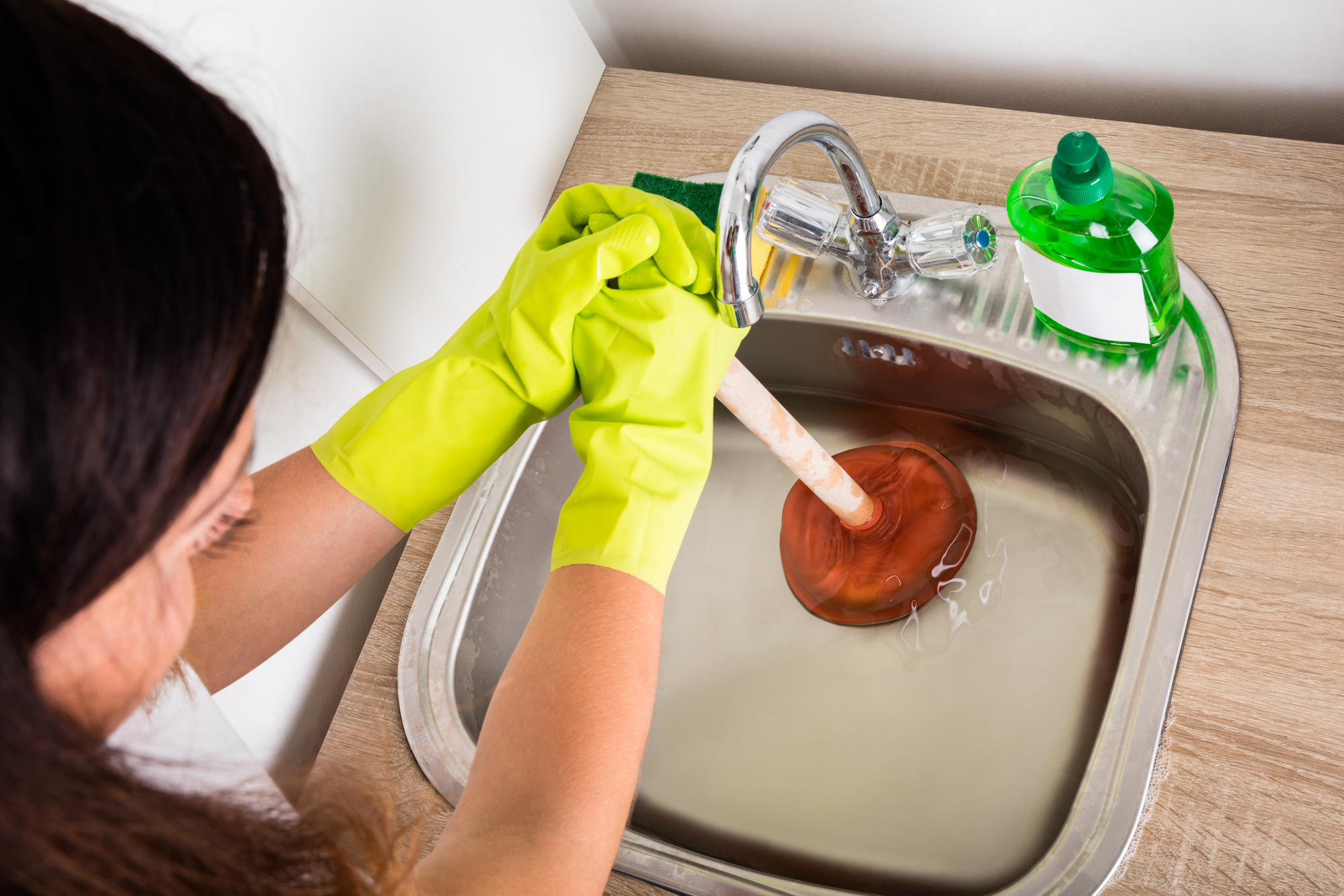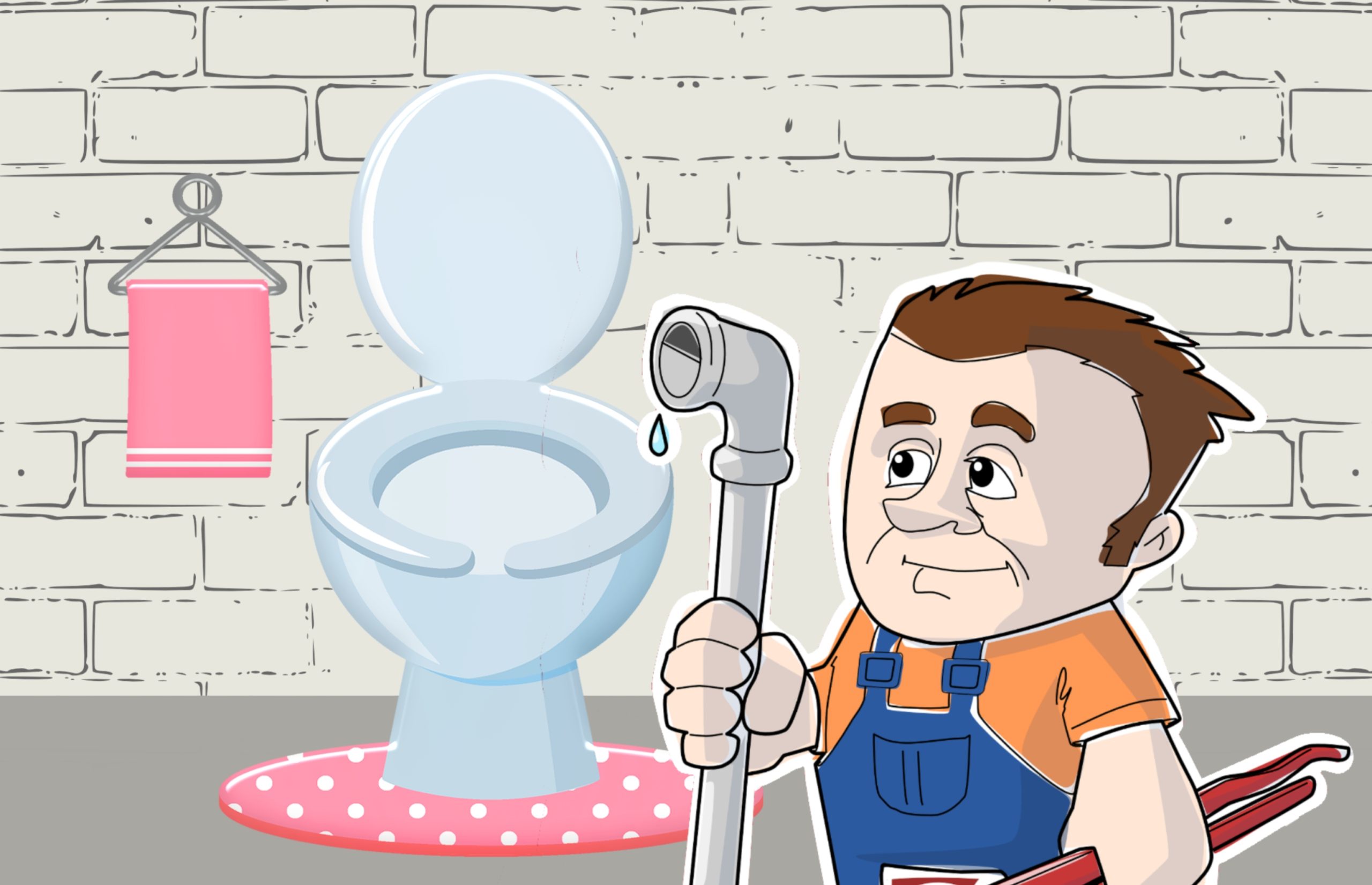When you hear the phrase “oil water separator,” you might think it doesn’t have much to do with plumbing. But in reality, an oil water separator can be an incredibly important tool for businesses that deal with oils, greases, and other contaminants in their wastewater. In this article, we’ll take a closer look at how oil water separators work and why they’re important.
First, let’s define what an oil water separator is. Essentially, it’s a piece of equipment that separates wastewater into two distinct streams: one that contains oil and other contaminants, and another that is relatively clean and can be safely discharged into the environment. There are different types of oil water separators, but most use either gravity or centrifugal force to separate the two streams.
So why do businesses need oil water separators? There are a few reasons. First and foremost, discharging oil and other contaminants into the environment is illegal and can result in hefty fines. But beyond that, it’s simply the right thing to do from an environmental standpoint. Using an oil water separator helps businesses ensure that they’re not contributing to water pollution or harming aquatic life.

Another benefit of using an oil water separator is that it can actually save businesses money in the long run. By separating out the oil and other contaminants from their wastewater, businesses can recycle and reuse that water, cutting down on the amount of fresh water they need to use. Additionally, many oil water separators are easy to maintain and can be installed relatively easily, meaning that businesses don’t have to spend a lot of time or money on upkeep.
But how does an oil water separator actually work? As mentioned earlier, most use either gravity or centrifugal force to separate the wastewater into two streams. Let’s take a closer look at each type:
– Gravity oil water separators: These separators use the difference in density between oil and water to separate them. Wastewater flows into the separator, where it slows down and allows the oil and other contaminants to rise to the surface. The clean water is then drained out the bottom. Gravity oil water separators are simple and relatively affordable, but they may not be as effective as other types.

– Centrifugal oil water separators: These separators use centrifugal force to spin the wastewater around, separating out the oil and other contaminants. The heavier contaminants are flung out to the edge of the separator and can be removed, while the cleaner water flows out the center. Centrifugal oil water separators are typically more efficient than gravity separators, but they can be more expensive.
No matter what type of oil water separator you’re using, it’s important to maintain it properly. This might mean regular inspections, cleanings, and repairs, depending on the specific model. However, with proper maintenance, most oil water separators can last for many years.
In conclusion, while oil water separators might not be the first thing that comes to mind when you think of plumbing services, they’re an important tool for businesses that want to protect the environment and save money. By separating out oil and other contaminants from wastewater, businesses can ensure that their water is clean and safe to discharge, while also cutting down on the amount of fresh water they need to use. If you’re interested in learning more about oil water separators or want to install one for your business, contact the plumbing experts at Ace Plumbing Repair today at (844) 711-1590.






